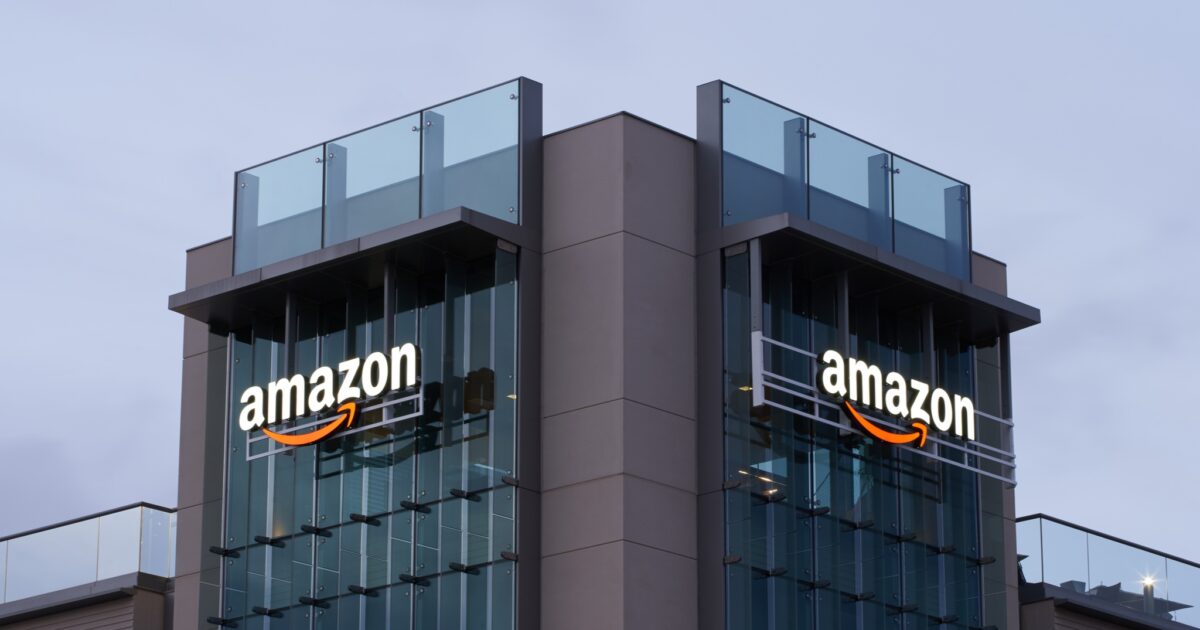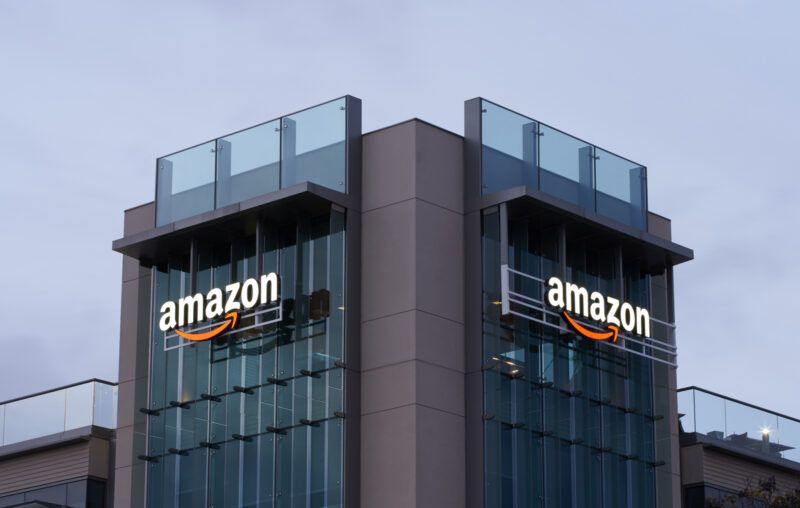On September 14th, California’s government announced an antitrust action against Amazon. The New York Times admirably summarizes the core of this action, which is a complaint about the way Amazon deals with the many third-party merchants who offer their wares for sale on Amazon’s website:
The lawsuit largely focuses on the way Amazon penalizes sellers for listing products at lower prices on other websites. If Amazon spots a product listed cheaper on a competitor’s website, it often will remove important buttons like “Buy Now” and “Add to Cart” from a product listing page.
Those buttons are a major driver of sales for companies selling through Amazon, and losing them can quickly hurt their businesses.
That creates a dilemma for marketplace sellers. At times, they can offer products for lower prices on sites other than Amazon because the cost of using those sites can be lower. But because Amazon is by far the largest online retailer, the sellers would rather raise their prices on other sites than risk losing their sales on Amazon, the complaint said, citing interviews with sellers, competitors and industry consultants.
“Without basic price competition, without different online sites trying to outdo each other with lower prices, prices artificially stabilize at levels higher than would be the case in a competitive market,” the complaint said.
Superficially, Amazon’s policy of dealing with third-party merchants who sell on its site does indeed seem anticompetitive. If Amazon did not react as it does to third-party merchants offering their wares on other sites at prices lower than these merchants charge for those items on Amazon’s site, merchants would more readily lower the prices they charge on other sites. Prices on average, it seems, would be lower and, thus, consumers would be better served.
But as is almost always true in economics, that which is seen does not reveal the whole, or even the most important part, of the relevant reality.
To get a more complete and clearer view of this reality, ask: given that Amazon unquestionably does discourage third-party merchants who use its site from selling their wares on other sites at lower prices, why do these merchants nevertheless continue to offer their wares on Amazon’s site? The very existence of the problem about which California complains means that Amazon’s platform isn’t the only one available for use by these merchants. So the problem is obviously not that Amazon has a literal monopoly in the market for online platforms that merchants can use. Merchants have, and in practice take advantage of, the option to use platforms in addition to Amazon’s.
These other platforms open to merchants aren’t owned by fly-by-night operations. One is owned and operated by Target, another by Walmart.
So the State of California’s complaint against Amazon boils down to this: Amazon has made its platform so attractive to third-party merchants that large numbers of them willingly pay a premium in order to continue to use Amazon’s platform. This premium is paid to Amazon by these merchants when they effectively agree not to cut the prices they charge for wares offered for sale on non-Amazon sites.
What, exactly, does Amazon offer to third-party merchants in exchange for their paying this premium? I don’t know, for I’m not a third-party merchant. But I do know that Amazon offers something of value, for otherwise third-party merchants wouldn’t agree to the terms Amazon asks, or wouldn’t care if Amazon reduces the visibility of their offerings on its platform.
Perhaps Amazon’s platform outperforms other platforms at bringing the offerings of third-party merchants to consumers’ attention. Perhaps Amazon’s platform supplies better product descriptions or more-reliable customer evaluations. Or maybe Amazon offers consumers an unusually easy, secure, or speedy means of paying for their purchases. But whatever the correct answer, the fact that Amazon offers some uniquely valuable service (or services) to third-party merchants is verified by the willingness of third-party merchants to pay a premium to use Amazon’s platform.
If California succeeds in its antitrust action, we can’t predict the immediate effect on the costs consumers would incur to buy goods online from third-party merchants, except to say that these effects won’t be positive.
On one hand, if Amazon’s superior platform performance is due to some feature that Amazon must regularly maintain, then successful use of antitrust to challenge Amazon’s commercial dealings with third-party merchants is unlikely to result in improved consumer welfare. In these circumstances, with Amazon no longer able to reap a return to compensate it for the effort that it must regularly expend to continue to supply its differentially superior service, Amazon will stop doing whatever it does to maintain its superior efficiency. And with Amazon’s superior efficiency damaged by antitrust, online retailing itself will become less competitive and efficient. Costs to consumers of acquiring goods online from third-party merchants might well rise almost immediately, even if the list prices of these goods remain the same or even fall.
On the other hand, if Amazon’s superior platform performance is due to some feature of that platform that is irreversible, then a government prohibition on Amazon’s efforts to discourage merchants from cutting prices on other platforms will result in the short-run in falling consumer-goods prices without any decline in the quality of service merchants and consumers receive from their continued use of Amazon’s platform. But this improvement in consumer welfare would indeed be only short-lived.
Whatever is the source or the durability of the differentially superior service now available on Amazon’s platform was created by Amazon. The company was not gifted this competitive edge by luck or by leprechauns. The superiority of Amazon’s platform is the result of entrepreneurial creativity, risk-taking, and hard work. And the differential returns that Amazon now receives as a result of successfully discouraging third-party merchants from selling their wares on competing platforms at lower prices is the entrepreneurial profit that Amazon earns as a consequence of this entrepreneurial achievement.
Attempts to prevent Amazon from reaping this entrepreneurial profit will discourage not only it, but also other firms and entrepreneurs, from experimenting with differentially better ways to create value for customers. And so even if California successfully uses this antitrust action to lower today’s prices of goods sold on-line by third-party merchants, consumers will find tomorrow’s prices and quality worse as on-line retail platforms and platform features fail to improve as fast and as much as they would have improved had this stunt by California’s government not succeeded.
Since it began in the U.S. in 1889, antitrust has often been fueled by the hubris of intellectuals and government officials who do not realize that what the late Nobel-laureate economist Oliver Williamson called “the economic institutions of capitalism” are in reality mind-bogglingly creative, nuanced, and complex. These intellectuals and officials arrogantly suppose that any contractual term or organizational arrangement that they cannot immediately understand as serving competition must therefore be devious exercises of monopoly power or attempts to secure such power. Such is the case with California’s new antitrust attack on Amazon. Yet only a bit of dispassionate thought about the facts of this case makes plain that interfering with third-party merchants’ contractual arrangements with Amazon will quite possibly make consumers worse off even in the near term, and will certainly make consumers worse off over time.




